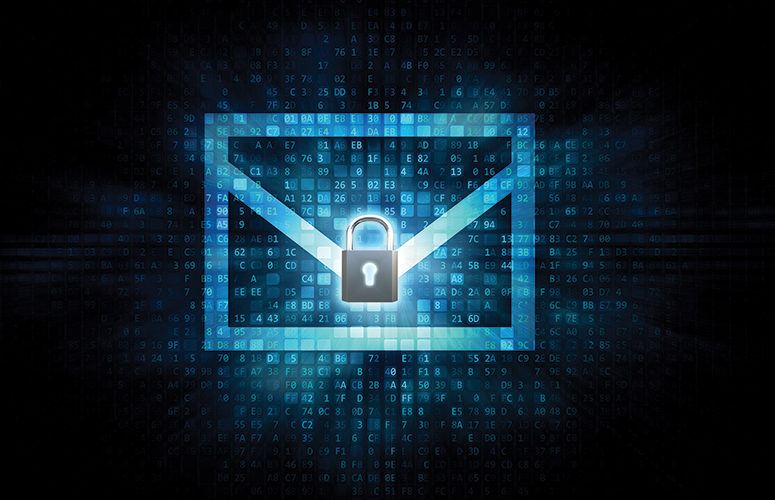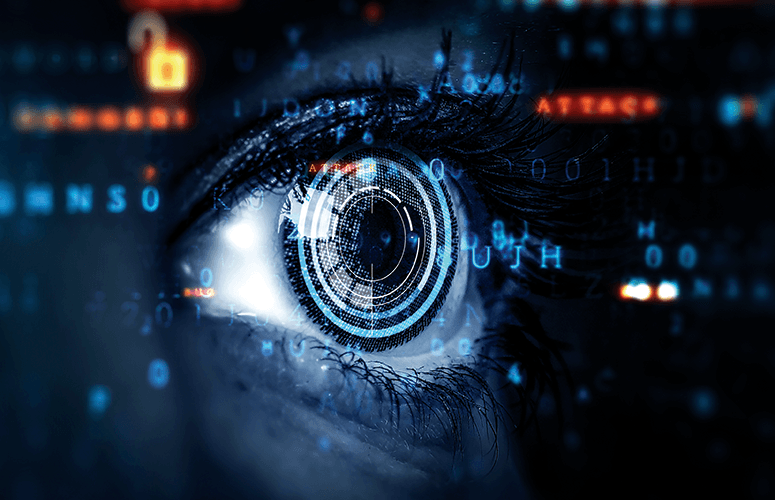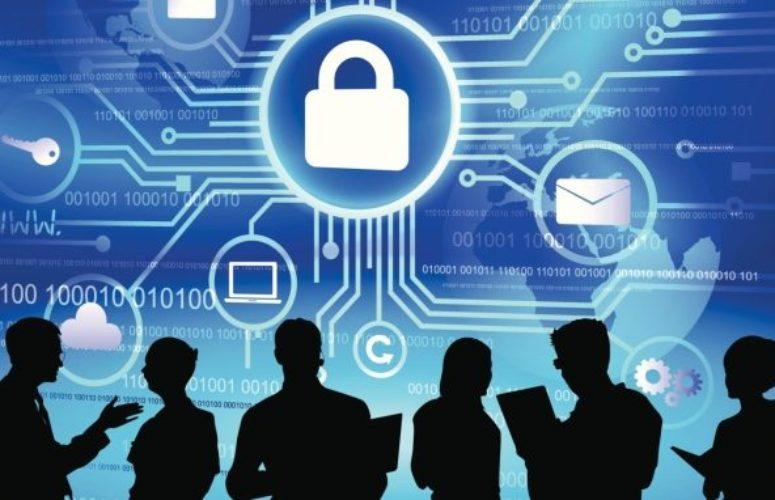
Guardian Digital Protects Businesses From Cyber Threats
As technology advances, so do the digital threats.
By Jim Pytell, Assistant Editor On Jun 2, 2020The benefits of rapid technological evolution are often lauded, especially when it comes to how these advancements can help businesses, but there is another side to the coin. As technology gets more advanced, so too do the threats that are ever present across the digital landscape.
So how can a company stay one step ahead of sophisticated cyber criminals?
“The attackers only have to be right once. We have to be right every time,” says Dave Wreski, CEO of Hawthorne-based Guardian Digital.
Founded by Wreski in 1999, Guardian Digital has been using a combination of its unique engineering as well as a commitment to open source methodologies to protect businesses from complex cyber threats.
“We have leveraged that [open-source] development model to build an email security system unlike any other,” Wreski says. “It goes beyond our borders to people all around the world to continually improve this technology beyond something that any individual company could possibly do [on its own].”
Wreski says that on its own, even a company as big as Microsoft, for example, doesn’t have the resources that the open source community can provide.
“Open source technology is developed on the internet by a loosely knit group of developers from around the world in a format where everyone releases their source code to improve on the developments made by the previous person, and consequently, it results in a much better product,” Wreski explains. “Today, we have companies like Google, Microsoft and Amazon building their entire businesses on this model.”
Guardian Digital provides cloud email security to businesses of all sizes in nearly all industries.
The company’s EnGarde Cloud Email Security for Business uses virus scanning, spam scoring, real-time intent analysis, URL link protection, reputation checks, and other techniques to filter every email before it is delivered to a company’s mail server to protect it from threats like phishing, for example.
“We take on the full responsibility of making sure that the system stays secure,” Wreski says. “We understand what the unique threats are that each individual company faces, and how best to protect each organization.”
Wreski’s ultimate approach to cybersecurity is that it takes more than just IT. In order for a company to best protect itself, it needs to cultivate a culture of awareness around the threats that exist.
“The key [for us] is building a relationship with the client. [It is important] to understand who the CFO is as well as who the lower level players are, like the administrators, who report to the CFO and are actually turning the dials and making things happen.” Wreski says. “We understand that the attackers are doing the very same thing so that they can social engineer their way into the organization. We want to be able to better detect those anomalies when they occur. If we have a relationship, we understand what their normal patterns look like.”
To access more business news, visit NJB News Now.
Related Articles:





